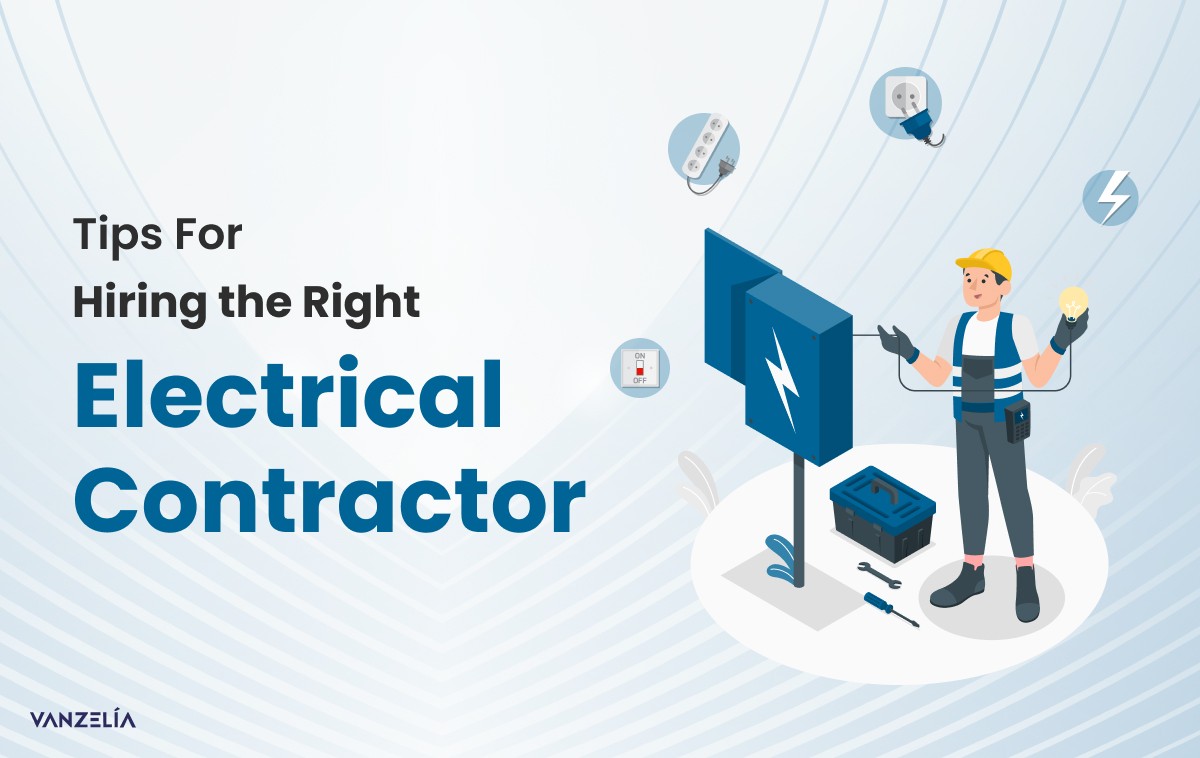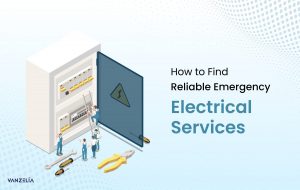Hiring an electrical contractor is a crucial decision that can impact the safety and functionality of your home or business. Whether you need a minor repair or a major electrical installation, choosing the right professional is essential. Here are several key considerations to keep in mind when hiring an electrical contractor:
1. Licensing and Insurance
One of the most important factors is whether the electrical contractor is properly licensed and insured. A valid license ensures that the contractor has the necessary training and knowledge to perform electrical work safely and comply with local regulations. Insurance protects you from potential liabilities, such as damage to your property or injuries that occur during the job.
2. Experience and Expertise
Experience matters in the electrical industry. An experienced contractor will likely identify and resolve issues efficiently and effectively. Look for contractors who have a proven track record in handling projects similar to yours. This could include residential wiring, commercial installations, or specialized services like solar panel installation or home automation.
3. Reputation and References
A contractor’s reputation can provide valuable insights into the quality of their work and their professionalism. Check online reviews, ratings, and testimonials from previous clients. Additionally, ask the contractor for references and follow up with those references to get firsthand feedback about their experiences. A reputable contractor will be happy to provide references and have a history of satisfied customers.
4. Scope of Services
Different electrical contractors may offer a variety of services. Ensure that the contractor you choose can handle the specific type of work you need. This might include general electrical repairs, new installations, upgrades, or specialized services. Discuss the scope of your project with potential contractors to ensure they have the necessary skills and equipment.
5. Pricing and Estimates
Cost is always a consideration when hiring a contractor, but it shouldn’t be the only factor. Obtain detailed, written estimates from multiple contractors to compare pricing. Be wary of quotes that seem significantly lower than others, as this could indicate subpar materials or workmanship. A transparent estimate should include a breakdown of labor, materials, and any additional costs.
6. Communication and Professionalism
Effective communication is key to a successful project. Pay attention to how promptly the contractor responds to your inquiries. A professional contractor should be willing to answer your questions, explain the process, and keep you informed throughout the project. Good communication helps prevent misunderstandings and ensures that the work meets your expectations.
7. Safety Standards
Electrical work can be hazardous, so it’s important to hire a contractor who prioritizes safety. Ask about their safety protocols and how they ensure compliance with local building codes and safety regulations. A reputable contractor will take all necessary precautions to protect their workers and your property.
8. Warranty and Guarantees
A confident contractor will stand behind their work by offering warranties or guarantees. This provides you with peace of mind, knowing that if something goes wrong after the job is completed, the contractor will address it without additional cost. Be sure to understand the terms and duration of any warranties or guarantees provided.
9. Timeliness and Availability
Consider the contractor’s availability and their ability to complete your project within your desired timeframe. Discuss deadlines and ensure that the contractor can meet them. Delays can be costly and inconvenient, so it’s important to choose a contractor who is reliable and can commit to a schedule.
10. Local Knowledge
Hiring a local contractor can be beneficial as they are more likely to be familiar with local building codes, regulations, and permit requirements. Additionally, local contractors may have established relationships with suppliers and can source materials more efficiently.
Conclusion
Choosing the right electrical contractor requires careful consideration of several factors, including licensing, experience, reputation, and pricing. By taking the time to research and evaluate potential contractors, you can ensure that you hire a qualified professional who will deliver high-quality, safe, and reliable electrical services. Remember to prioritize safety, communication, and professionalism throughout the selection process to achieve the best results for your project.




